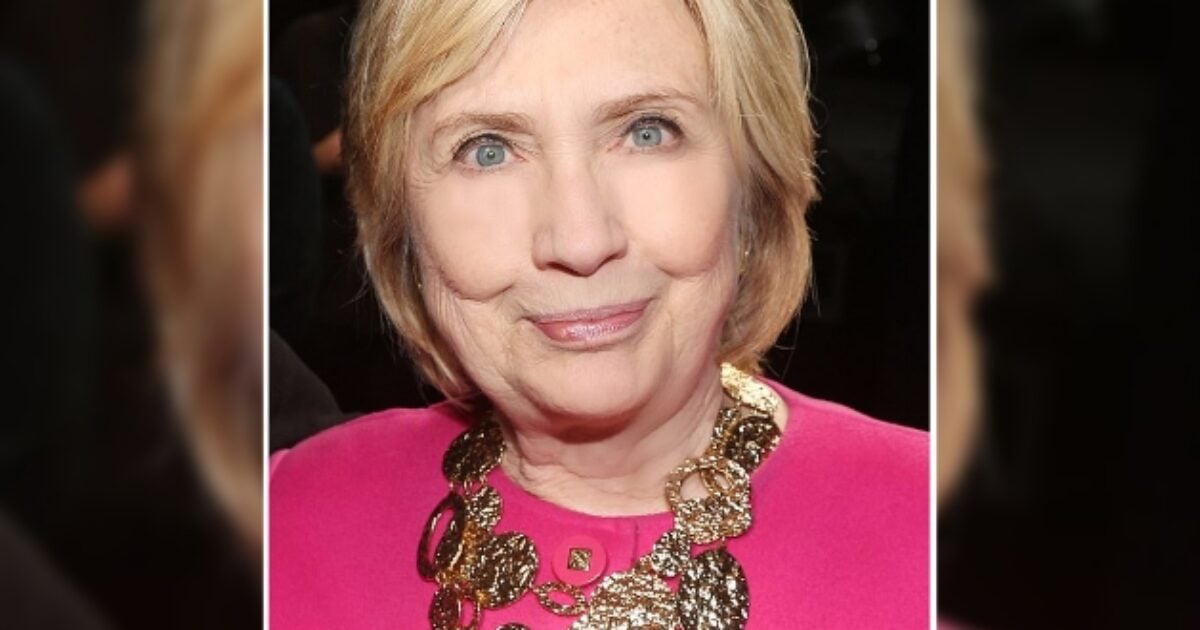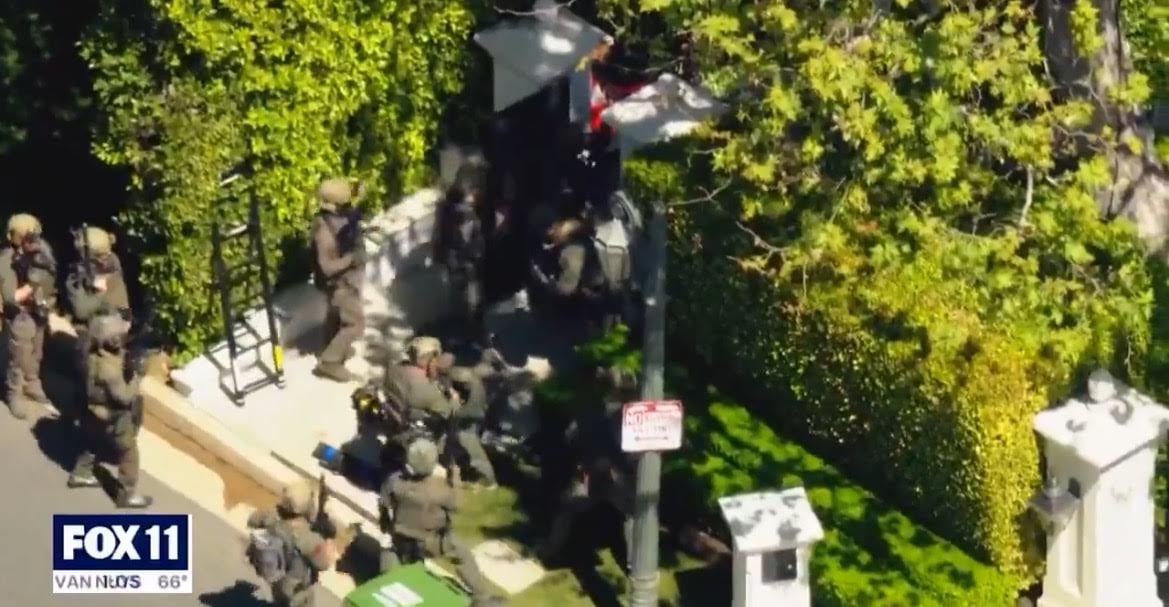Analysis of Selective Prosecution in the United States
In recent years, concerns have escalated regarding the existence of a dual system of justice in the United States, with one set of rules for liberals and another for conservatives. This disparity is evident in cases where individuals who lean to the right face harsher consequences compared to their left-leaning counterparts. One prominent example is the lack of charges brought against Hillary Clinton despite her mishandling of classified information, a offense that has resulted in incarceration for others committing far less severe infractions.
Jonathan Turley’s Perspective
Jonathan Turley, a distinguished professor of public interest law at George Washington University, has long resisted the notion of justice being influenced by political affiliations. However, in a recent column, Turley acknowledges the growing evidence of selective prosecution in various legal proceedings across the nation. He highlights instances such as the controversial actions of Democrat Fulton County DA Fani Willis in Georgia, where accusations of bias and unethical conduct have surfaced. Notably, Turley references the metaphorical “odor of mendacity” from Tennessee Williams’ work, emphasizing the tainted nature of these legal proceedings.
Nationwide Concerns
Turley underscores that the issue of selective prosecution extends beyond Georgia, with similar patterns emerging in other jurisdictions. The comparison of how President Trump and President Biden have been treated by the legal system further exemplifies this disparity. Turley raises questions about the investigation into Trump’s possession of government documents at Mar-a-Lago contrasted with the lenient handling of Biden’s documented incidents of mishandling classified material.
In New York, efforts to target Trump through legal avenues underscore the politicization of the justice system, with state laws being manipulated for selective prosecution. The conduct of officials, such as AG Letitia James and Manhattan DA Alvin Bragg, demonstrate a concerning trend of targeting individuals based on political motivations rather than objective legal grounds.
Implications for Constitutional Rights
The implications of selective prosecution go beyond individual cases and raise fundamental questions about the protection of constitutional rights. Cases like that of U.S. District Court Judge Cormac J. Carney’s ruling on the unequal treatment of political groups by the Justice Department highlight the erosion of free speech protections guaranteed by the Constitution.
Overall, the escalating instances of selective prosecution in the United States present a troubling scenario where justice is seemingly influenced by political biases rather than objective legal standards. Addressing these concerns is crucial to upholding the integrity of the legal system and ensuring equal treatment under the law for all individuals.
Image/Photo credit: source url





